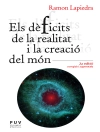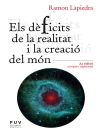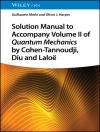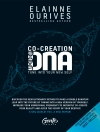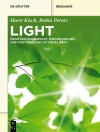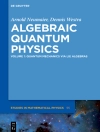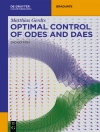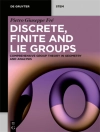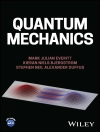Consciousness is one of the major unsolved problems in science. How do the feelings and sensations making up conscious experience arise from the concerted actions of nerve cells and their associated synaptic and molecular processes? Can such feelings be explained by modern science, or is there an entirely different kind of explanation needed? And how can this seemingly intractable problem be approached experimentally? How do the operations of the conscious mind emerge out of the specific interactions involving billions of neurons? This multi-authored book seeks answers to these questions within a range of physically based frameworks, i.e, the underlying assumption is that consciousness can be understood using the intellectual potential of modern physics and other sciences. There are a number of theories of consciousness in existence, some of which are based on classical physics while some others require the use of quantum concepts. The latter ones have drawn a lot of criticism from the present-day scientific establishment while simultaneously claiming that classical approaches are doomed to failure. This book presents the reader with a spectrum of opinions from both sides of this on-going scientific debate, letting him/her decide which of these approaches are most likely to succeed.
Tabela de Conteúdo
The Path Ahead.- Consciousness and Quantum Physics: Empirical Research on the Subjective Reduction of the Statevector.- Microtubules in the Cerebral Cortex: Role in Memory and Consciousness.- Towards Experimental Tests of Quantum Effects in Cytoskeletal Proteins.- Physicalism, Chaos and Reductionism.- Consciousness, Neurobiology and Quantum Mechanics: The Case for a Connection.- Life, Catalysis and Excitable Media: A Dynamic Systems Approach to Metabolism and Cognition.- The Dendritic Cytoskeleton as a Computational Device: An Hypothesis.- Recurrent Quantum Neural Network and its Applications.- Microtubules as a Quantum Hopfield Network.- Consciousness and Quantum Brain Dynamics.- The CEMI Field Theory: Seven Clues to the Nature of Consciousness.- Quantum Cosmology and the Hard Problem of the Conscious Brain.- Consciousness and Logic in a Quantum-Computing Universe.
Sobre o autor
Professor Jack Tuszynski received his M.Sc. with distinction in Physics from the University of Poznan (Poland) in 1980. He received his Ph.D. in Condensed Matter Physics from the University of Calgary in 1983. He held a Post-Doctoral Fellowship at the University of Calgary Chemistry Department in 1983. He was an Assistant Professor at the Department of Physics of the Memorial University of Newfoundland from 1983 to 1988, and at the University of Alberta Physics Department from 1988 to 1990. He joined the University of Alberta Physics Department in 1993. He is on the editorial board of the Journal of Biological Physics.



